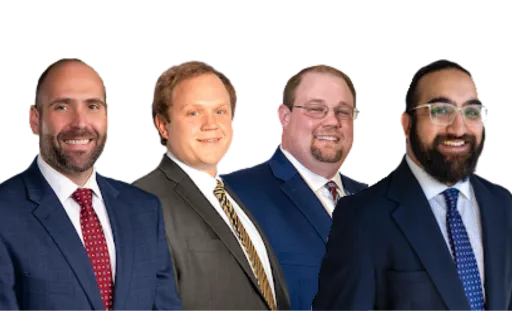Unique Aspects of Speed Trap Cases in Columbia
Police officers often use radar and pacing to record the speed of a motor vehicle. Pacing occurs when an officer drives at a constant speed and tries to match their speed with the distance of the car in front of them. Often, the case becomes a credibility battle and challenging the accuracy of the radar when used to speed. Some of the issues include whether the radar is reliable and whether the police officer misjudged it or misrepresented the speed.
Radars must be maintained for accuracy, and they must be properly logged and reported. They can be inaccurate and should not be relied upon without a thorough independent investigation. It can be difficult handling reckless driving cases involving the use of speed traps. A diligent reckless driving attorney could review the facts of the case, investigate the accuracy of the radar, and build a defense. Speak to a skilled attorney to learn about the unique aspects of speed trap cases in Columbia.
Understanding Pacing
Pacing is where an officer is trying to travel at a constant rate of speed and keep up with the vehicle to where the distance between the officer and the car does not change. For example, if a person is driving a vehicle in front of a police officer and the distance between the two cars is 10 feet, if the police officer is going 85 miles per hour and the distance is not changing. The cop is not getting any closer to the car or falling any further back, and the officer can assume that the person in front of them is also going 85 miles per hour.
Many attorneys do not agree with the use of pacing and do not believe it should be admissible evidence, but under the current law, police officers are allowed to testify to pacing. It is best to seek help from a knowledgeable attorney to understand the use of pacing and the other unique aspects of speed trap cases in Columbia.
Defenses to Radar Gun Readings
It is the defense attorney’s job to challenge and try to show that the radar instruments are not reliable and accurate. Ultimately, that is an issue of fact for the jury to determine in many cases. The lawyer on the defense side can legally challenge and argue that certain evidence should not be admissible under the rules of evidence. There are legal arguments and factual arguments that can be made in the defense.
Maintenance and Tuning Records
There are specific requirements by the South Carolina criminal justice academy for tuning records and maintenance. Often, the police officers who have radars do not have the daily maintenance logs, proper recordkeeping, tuning, and daily logs. An experienced attorney should request all of those things from the officer. If the officers have not followed the protocol, it will make it easier to challenge the validity of a radar because it has not been properly maintained and the logs are not done to show that it is reliable.
How an Attorney Could Help With the Unique Aspects of Speed Trap Cases in Columbia
Traffic radar instruments can be extremely accurate, and depending on circumstances can be very inaccurate. If the operator has not been properly trained, is not certified, or just improperly uses the radar, the results will not be accurate. Often, jurors will inherently believe and support a police officer as being credible, and when the officer detects someone speeding, which is a traffic violation, the jurors will believe the officer.
Following a ticket for a traffic violation, individuals should reach out to a reckless driving lawyer. They could help you understand and defend against the unique aspects of speed trap cases in Columbia. Schedule a consultation today.




